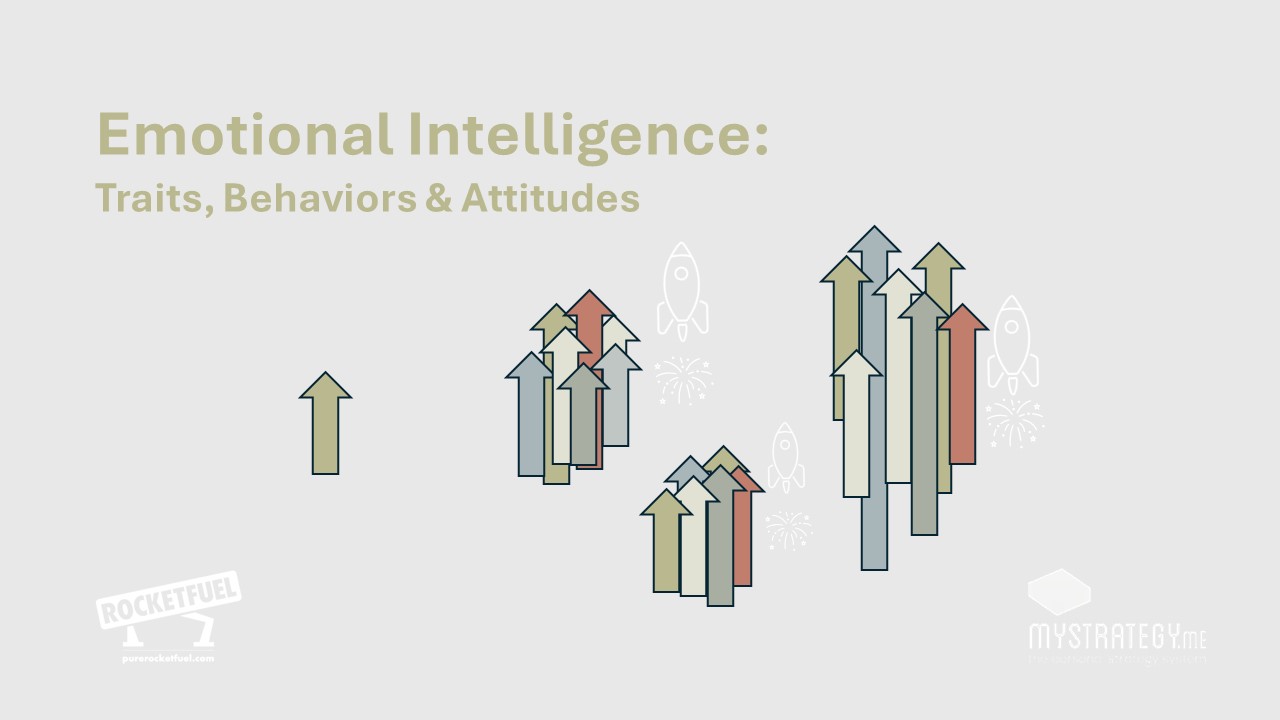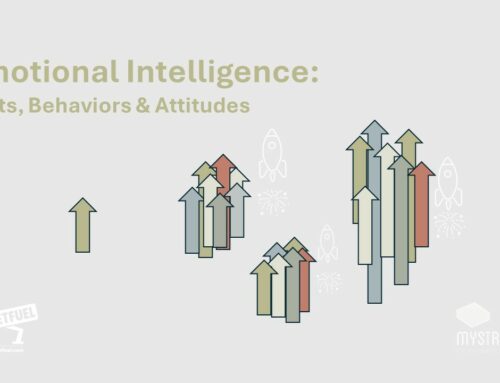
In your quest for progress, don’t forget to have gratitude for the things that are going well and the help provided, says Leadership & Performance Coach, Davina Greene.
As we move towards the end of the year – or at any time of year – it is good practice to sit back and take stock of the good things that have happened. That is, to take the opportunity to be grateful. It can be difficult at times, for sure, but the net impact is wellbeing-enhancing. During tough times, it is even more important to dig deep and spot the good things, rather than allow the negative to consume us.
Noticing Opportunities for Gratitude At Work
In relation to your working life, what kind of things might you look for?
- Has someone mentored you and made you a better employee, maybe even a better person? (Remember, mentoring is not always formal – spot the people nudging you along from the side-lines). Mentors don’t necessarily want profuse thanks and praise, that’s not what this is about; rather, it’s simply about noticing.
- Were you given opportunities? A position on a project, a training opportunity, a chance to attend client meetings and engage in your work from a new angle?
- Do you have a manager, or colleagues, who displayed significant understanding of a personal issue? Or a manager who understands at least occasional “give and take” (“You stayed late last night, and today is quiet, so go home early”). Don’t take that for granted – be very grateful if you work for what feels like a ‘decent human being’. Many do not.
- Did your employer create, or reiterate, company Values this year? Do they persist in truly ‘living’ those standards and encouraging positive behaviors across the business? Every month, I see companies where employees are tearing each other apart, in the absence of stated Values. Appreciate such rules of engagement, where they exist.
- If you run your own business, what advances were made this year? Who helped?
- Remember any “Thank You” you received. Many people think that they shouldn’t have to thank you for things that you’re “paid to do”; appreciate those who take a different view.
The Importance of Gratitude
Why bother with gratitude? On a personal level, I’m sure you don’t need to read studies to appreciate that people seek respect, purpose and self-respect in the things that they do, and gratitude can feed these goals significantly. Gratitude focuses us on the present, giving priority to positive thoughts, whilst acknowledging reality. It builds resilience, even happiness, and leads to people feeling both supported and supportive, contributing to our emotional intelligence. Medically, it can lead to decreased blood pressure, and studies have shown that efforts made in relation to gratitude are, in effect, steps towards depression-avoidance.
Organizationally, gratitude is believed to enhance job satisfaction, and create both a sense of community and a greater willingness to come together to achieve common goals. A 2012 study commissioned by the John Templeton Foundation in the U.S. found that only 30% of people express thanks to colleagues several times a week, and only 20% thank their boss several times a week. 96% of the 2,000 people surveyed felt that a grateful boss was more likely to be successful; sadly, 74% of those people “never” or “rarely” thank their boss.
Researchers at the University of California found that 10 weeks of weekly gratitude journaling led to 25% increased happiness, an increased sense of health and 1.5 hours more exercise (i.e. self-care) than those who did no journaling or journaled the negative. Studies also report that the positive change in the person, as observed by other people, is significant.
Some workers refuse to show gratitude unless they see it come from the top down; others only show gratitude when someone important is watching. I understand both principles, but both seem pretty pointless. Be better than that; create a genuine subculture in your own team, as best you can, for everyone’s sake. It costs nothing.
Expressing gratitude does not mean being ‘soft’. It is simply part of being the above-mentioned ‘decent human being’. For your own wellbeing, start noticing and being thankful. The Americans dedicate a whole day to it; maybe we should, too.
Key Tips for Increasing Gratitude
- Create a ‘gratitude habit’ – set up daily, weekly, or monthly reminders to stop, notice and write.
- Both positive and negative experiences can contribute. Flip the negatives: focus on the question “What did I learn?”, and be grateful for the answer.
- Do not go overboard with thanks, diluting the impact. “Thank you”, like “I love you”, should be truly meant, every time.
- If you are responsible for the development of people – children or employees – promote the ‘gratitude habit’ as early as possible, for mental and physical health.
Interested in investing in your own personal – and personal strategy – development? Check out www.MyStrategy.me!
Share This!
About the Author



